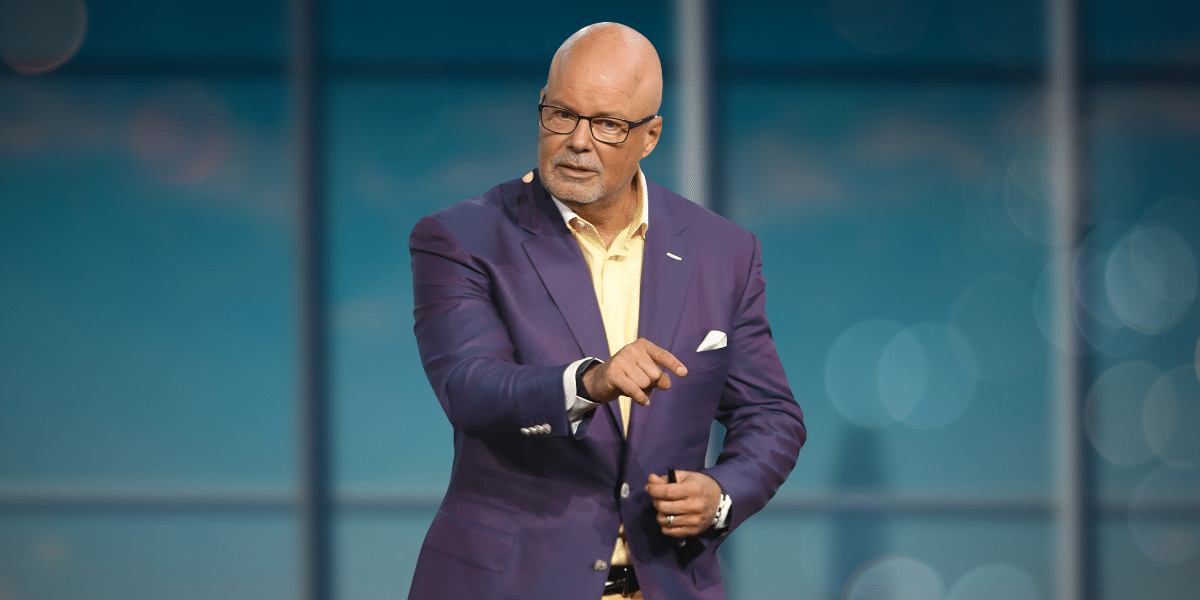Spaghetti western films, a unique genre of Western movies produced primarily in Italy during the mid-20th century, have left an indelible mark on cinematic history. From their humble beginnings to their eventual decline, the rise and fall of spaghetti westerns is a tale of innovation, creativity, and changing audience tastes.
The Rise of Spaghetti Westerns
Spaghetti westerns emerged in the early 1960s as a response to the declining popularity of traditional Hollywood Westerns. Italian filmmakers, inspired by the success of American Westerns but working with limited budgets and resources, began producing their own Westerns set in the rugged landscapes of the American frontier. These films, characterized by their gritty realism, morally ambiguous protagonists, and stylized violence, offered a fresh take on the classic Western formula and quickly gained a cult following among audiences.
Icons of the Genre
At the heart of the spaghetti western genre were iconic filmmakers and actors who helped to define its aesthetic and narrative style. Directors like Sergio Leone, Sergio Corbucci, and Enzo G. Castellari brought a distinct visual flair to their films, incorporating sweeping panoramas, extreme close-ups, and dynamic camera movements to create an immersive cinematic experience. Meanwhile, actors such as Clint Eastwood, Lee Van Cleef, and Franco Nero became synonymous with the genre, embodying the stoic, anti-heroic protagonists that would become hallmarks of spaghetti westerns.
International Success and Influence
Despite their Italian origins, spaghetti westerns achieved international success and acclaim, captivating audiences around the world with their gritty realism and innovative storytelling. Films like Sergio Leone’s “A Fistful of Dollars,” “For a Few Dollars More,” and “The Good, the Bad and the Ugly” became box office hits and established Leone as a master of the genre. Meanwhile, Ennio Morricone’s iconic musical scores added an additional layer of depth and atmosphere to these films, further solidifying their place in cinematic history.
The Decline of Spaghetti Westerns
By the late 1970s, the golden age of spaghetti westerns had come to an end. Changing audience tastes, combined with increased competition from Hollywood and declining box office returns, led to a decline in the production of spaghetti westerns. Additionally, the genre had become somewhat formulaic, with many filmmakers struggling to innovate and distinguish their films from the glut of imitators flooding the market. As a result, spaghetti westerns gradually faded from prominence, relegated to the annals of cinematic history.
Legacy and Revival
Despite their decline, the legacy of spaghetti westerns continues to endure, influencing filmmakers and audiences to this day. The genre’s emphasis on gritty realism, morally ambiguous characters, and stylized violence can be seen in contemporary Westerns and other film genres, while its iconic imagery and musical scores remain ingrained in popular culture. Additionally, the recent resurgence of interest in spaghetti westerns, fueled by retrospectives, re-releases, and homages in modern films and television shows, suggests that the genre’s legacy is far from over.
Contrarian View: Criticisms and Challenges
While spaghetti westerns have earned their place in cinematic history, they are not without their critics. Some argue that the genre’s portrayal of violence and its treatment of Indigenous peoples and other marginalized groups perpetuate harmful stereotypes and romanticize colonialism. Additionally, spaghetti westerns have been criticized for their lack of diversity, with few opportunities for actors of color to play significant roles in these films. Despite these criticisms, spaghetti westerns remain an important and influential chapter in the history of cinema.
Looking Ahead: The Future of Spaghetti Westerns
As we look to the future, the legacy of spaghetti westerns lives on, inspiring filmmakers and audiences alike to explore new frontiers and push the boundaries of storytelling. While the golden age of spaghetti westerns may be over, the enduring appeal of the genre ensures that its spirit will continue to inform and inspire future generations of filmmakers. Whether through retrospectives, re-releases, or new interpretations of the genre, spaghetti westerns will always hold a special place in the hearts of cinephiles and Western enthusiasts alike.








